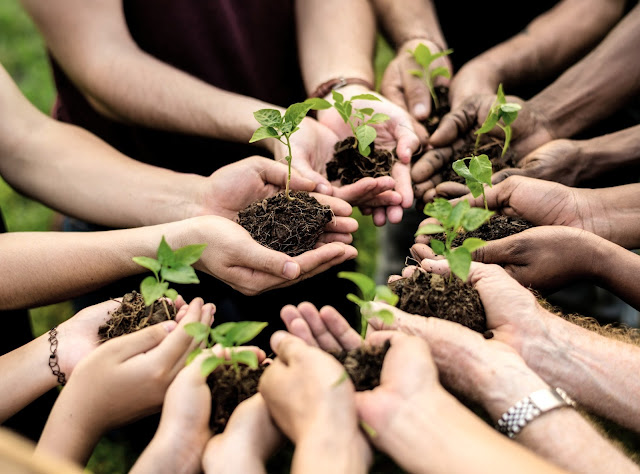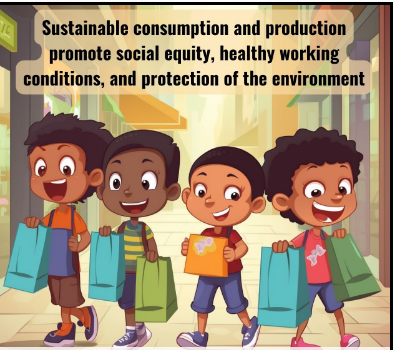Sustainable Practices at Our School: How We're Going Green
In an era where environmental
awareness is more crucial than ever, Bips School Patiala is committed to
leading the way in sustainability. From reducing our carbon footprint to
educating students on eco-friendly practices, we’re excited to share the steps
we’re taking to go green. Join us as we explore the innovative and impactful
ways our school is contributing to a healthier planet.
1. Energy Efficiency Initiatives
To reduce our energy consumption,
we’ve implemented several energy-efficient measures across campus:
- LED Lighting:
We’ve replaced traditional lighting with energy-efficient LED bulbs in
classrooms, hallways, and outdoor areas.
- Smart Thermostats:
Our buildings are equipped with smart thermostats that optimize heating
and cooling to reduce energy usage.
- Solar Panels:
Our new solar panel installations are helping to generate clean energy,
further decreasing our reliance on non-renewable sources.
2. Waste Reduction and Recycling
Programs
Our waste reduction efforts focus on
minimizing our environmental impact and promoting recycling:
- Comprehensive Recycling Bins: We’ve placed clearly marked recycling bins throughout
the school for paper, plastics, and metals.
- Compost Bins:
Organic waste from our cafeteria and gardens is collected in compost bins,
turning food scraps into nutrient-rich compost for our school garden.
- Paperless Initiatives: By digitizing assignments and communication, we’re
reducing our paper consumption and promoting a more sustainable approach
to learning.
3. Sustainable Transportation
Encouraging sustainable
transportation is a key aspect of our green initiative:
- Bike Racks and Carpool Programs: We’ve installed bike racks to promote cycling to
school and offer incentives for students who carpool.
- Green School Buses:
We’re transitioning to eco-friendly school buses that use cleaner fuels or
are electrically powered, reducing emissions and contributing to better
air quality.

4. Green School Grounds
Our commitment to sustainability
extends to the maintenance and development of our school grounds:
- Native Plant Gardens:
We’ve planted native species in our school gardens to support local
wildlife and reduce water usage.
- Rainwater Harvesting:
Our rainwater harvesting system collects rainwater for irrigation,
minimizing our need for municipal water resources.
- Outdoor Learning Spaces: Our green spaces provide hands-on learning
opportunities about ecology and environmental stewardship.
5. Eco-Friendly Cafeteria Practices
Our cafeteria plays a significant
role in our sustainability efforts:
- Locally Sourced Foods: We prioritize purchasing locally sourced and organic
foods to reduce our carbon footprint and support local farmers.
- Reusable Utensils and Containers: We’ve moved away from single-use plastics, opting
instead for reusable or biodegradable utensils and containers.
- Food Waste Reduction:
We’re implementing strategies to reduce food waste, including portion
control and food recovery programs.
6. Environmental Education and
Student Involvement
Education is at the heart of our
sustainability efforts:
- Green Curriculum:
We incorporate environmental education into our curriculum, teaching
students about sustainability and how they can make a difference.
- Student Green Teams:
Our student green teams are actively involved in promoting eco-friendly
practices, organizing clean-up events, and leading awareness campaigns.
Conclusion:
Bips school's commitment to
sustainability is a reflection of our dedication to creating a better future
for our students and the planet. By implementing these green practices, we aim
to not only reduce our environmental impact but also inspire our students to
become conscientious global citizens. We’re proud of the progress we’ve made
and look forward to continuing our journey towards a greener and more
sustainable school environment.




Comments
Post a Comment